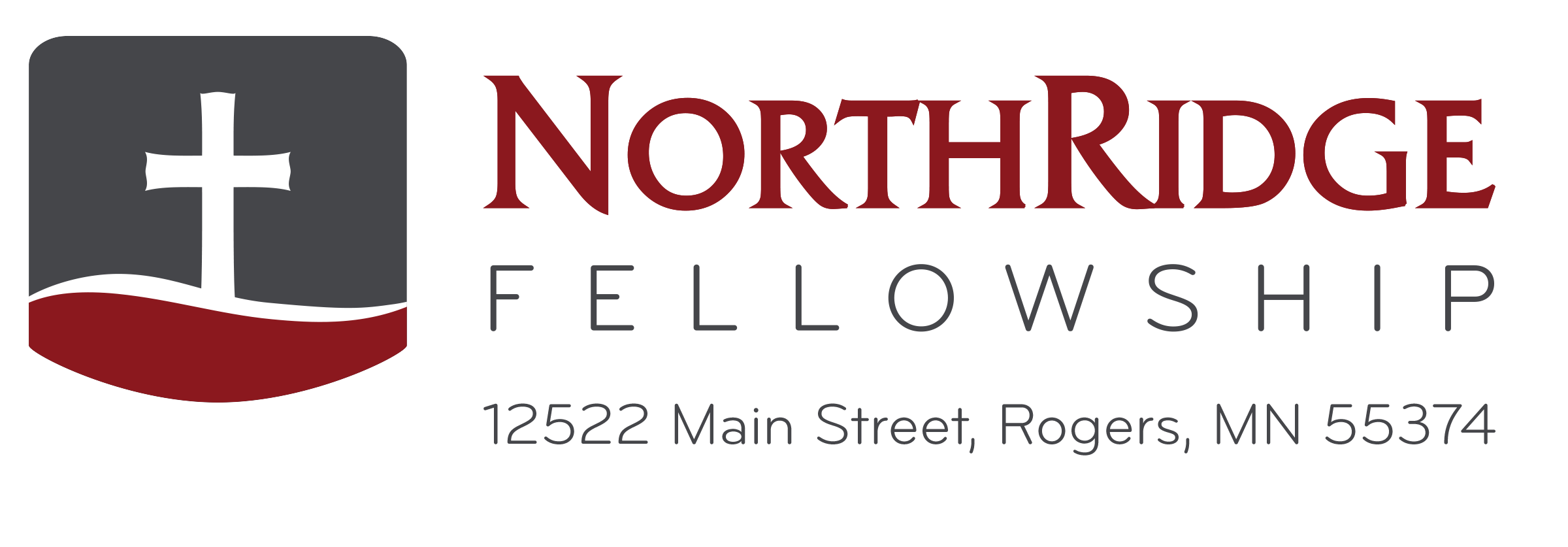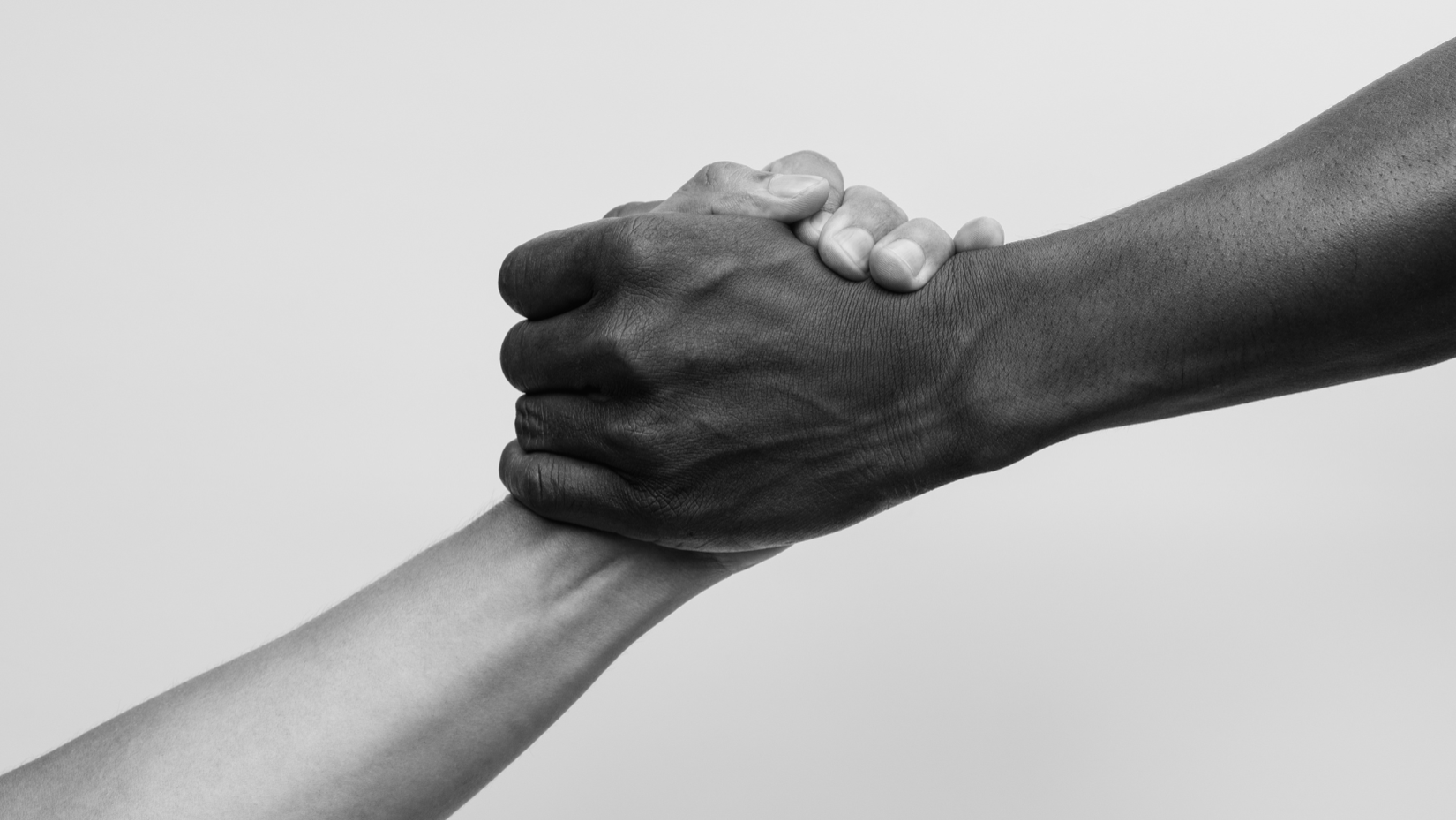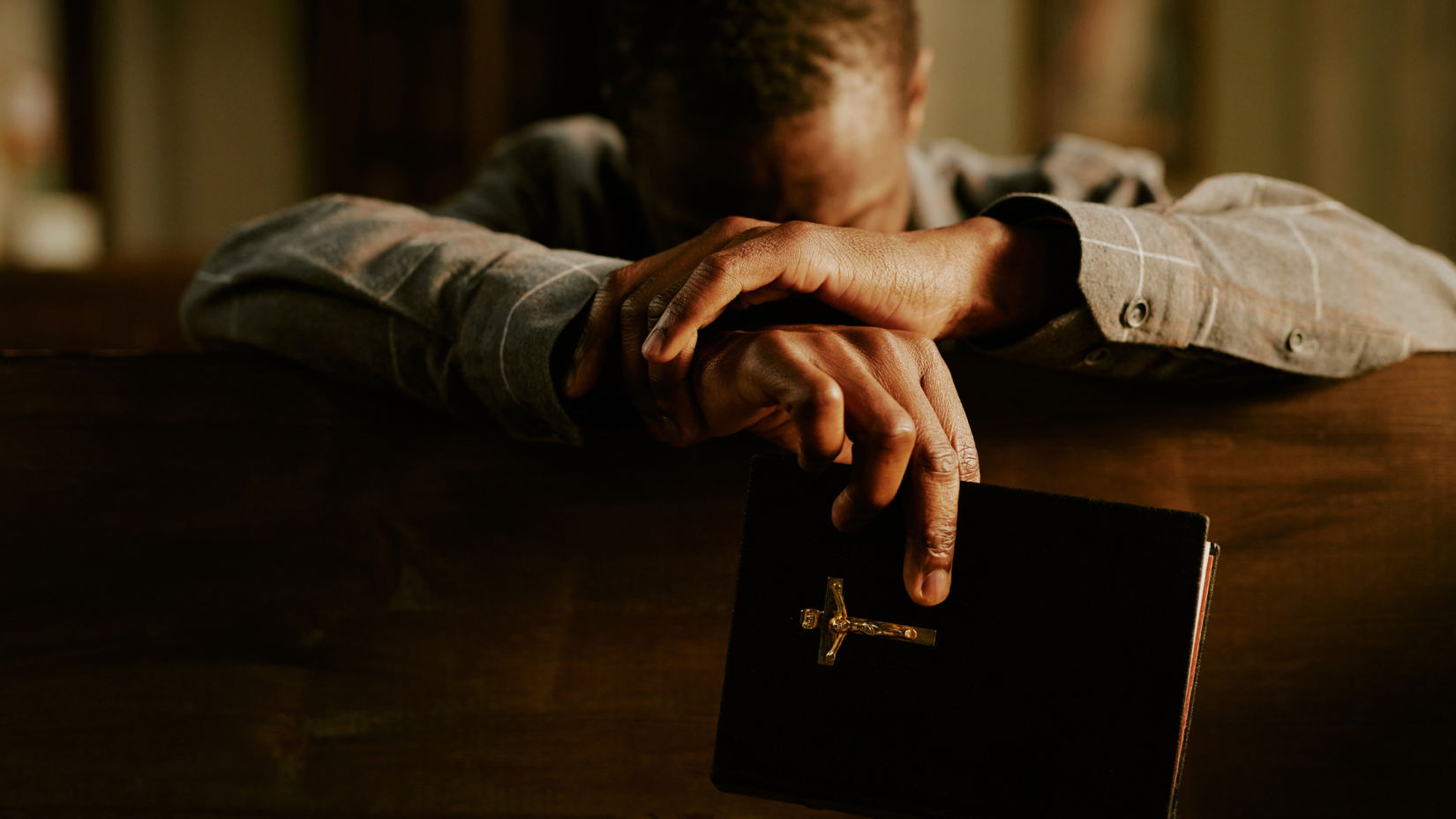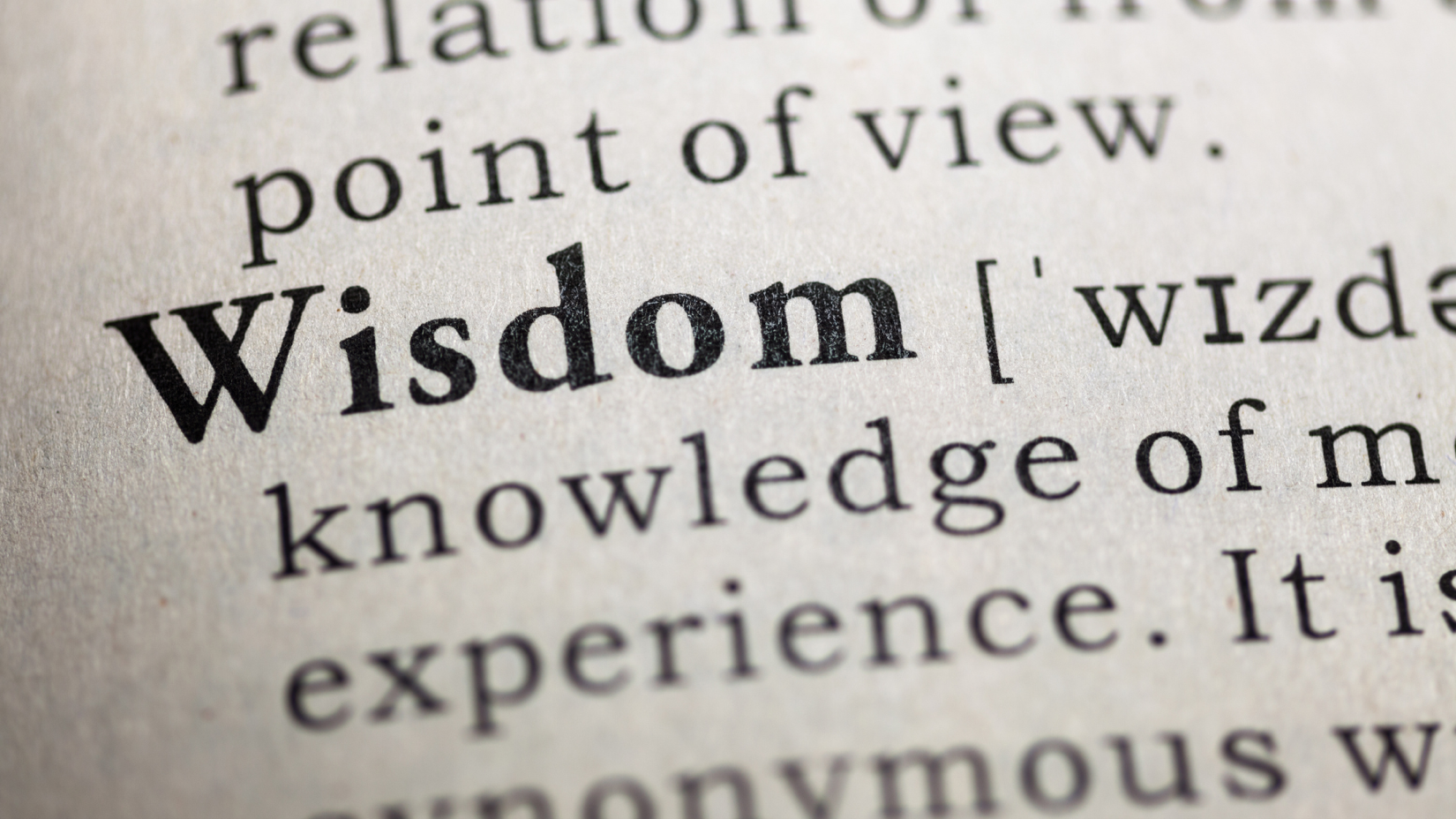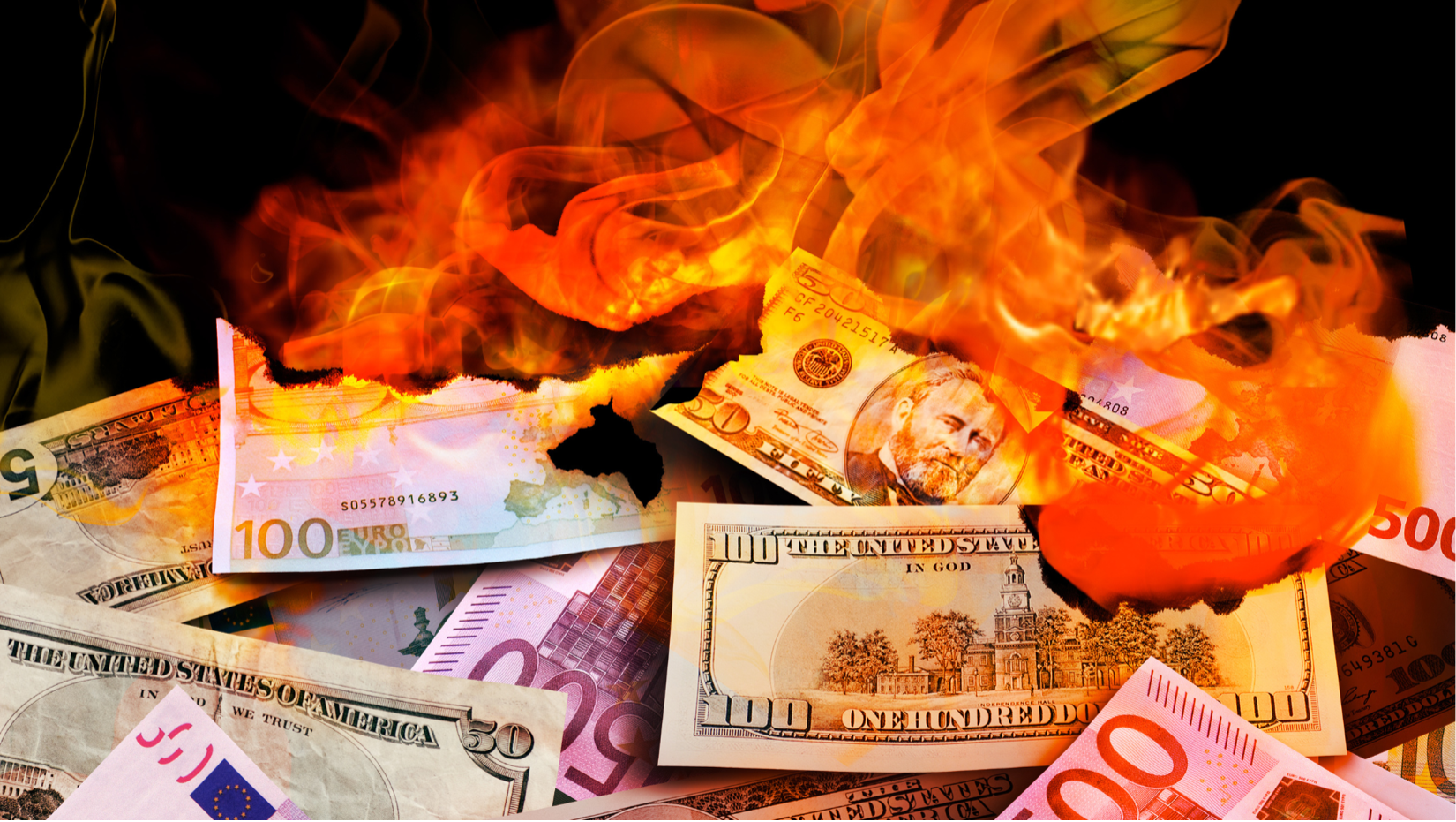
Money, and how it can kill you
by Brax Carvette
“Now listen, you rich people, weep and wail because of the misery that is coming on you. Your wealth has rotted, and moths have eaten your clothes. Your gold and silver are corroded. Their corrosion will testify against you and eat your flesh like fire. You have hoarded wealth in the last days. Look! The wages you failed to pay the workers who mowed your fields are crying out against you. The cries of the harvesters have reached the ears of the Lord Almighty. You have lived on earth in luxury and self-indulgence. You have fattened yourselves in the day of slaughter. You have condemned and murdered the innocent one, who was not opposing you.” (James 5:1–6)
I've heard it said that if you live in America, you're among the world's top 1% financially. Compared to the rest of the world, we are incredibly wealthy. This passage should give us pause—have we fattened our hearts in the day of slaughter? Should our relative wealth make us fearful of Judgment Day?
Let’s look at some of the language that James uses before we freak out too much. James is making clear allusions to Jesus’ words regarding wealth in the Sermon on the Mount. Jesus tells his followers not to store up treasures on earth (Matthew 6:19) but to store up our treasures in heaven (v. 20). Why? Because treasures on earth can be destroyed by life's circumstances—just like moths consume and ruin (v. 19). James says that the moths have already come (James 5:2) and that the very thing that followers of Jesus aren’t supposed to do (store up treasure for themselves, cf. Matthew 6:19) is exactly what these rich people did (James uses the same verb in v. 2 as Jesus in Matthew 6:19).
The message is clear: followers of Jesus store up treasure in God’s Kingdom by being generous with their wealth.
But there’s more to consider. In James 5:4, we read: “Look! The wages you failed to pay the workers who mowed your fields are crying out against you. The cries of the harvesters have reached the ears of the Lord Almighty.” This highlights that how we handle wealth isn’t just about generosity—it’s also about justice.
James knows the Old Testament well and intentionally references its stories. When he says, “The cries of the harvesters have reached the ears of the Lord Almighty,” he recalls the story of Cain and Abel. Cain “condemned and murdered the innocent one, who was not opposing” him, and Abel’s blood cried out from the ground to the Lord (Genesis 4:10). This is the cry of someone crushed under the weight of injustice. Cain should have been his brother’s keeper (Genesis 4:9), but his desires led him to covet and kill (James 4:2). He serves as the first cautionary tale in James’s condemnation of the rich.
But James isn’t only pointing to Cain—he also references two other significant stories. The next is Sodom and Gomorrah. “Then the Lord said, ‘The outcry against Sodom and Gomorrah is so great and their sin so grievous that I will go down and see if what they have done is as bad as the outcry that has reached me. If not, I will know’” (Genesis 18:20–21).
And what was their sin? God explains in Ezekiel 16:49–50: “Now this was the sin of your sister Sodom: She and her daughters were arrogant, overfed, and unconcerned; they did not help the poor and needy. They were haughty and did detestable things before me. Therefore I did away with them as you have seen.”
Yes, there was more happening in Sodom and Gomorrah, but the reason God highlights in Ezekiel aligns with the very issue James addresses—the failure to care for the vulnerable.
Finally, there is another cry that reaches the ears of the Lord Almighty in the Old Testament, and it is at the beginning of the most important event in Jewish history prior to Jesus: the Exodus.
"I have indeed seen the misery of my people in Egypt. I have heard them crying out because of their slave drivers, and I am concerned about their suffering. So I have come down to rescue them from the hand of the Egyptians and to bring them up out of that land into a good and spacious land, a land flowing with milk and honey—the home of the Canaanites, Hittites, Amorites, Perizzites, Hivites, and Jebusites. And now the cry of the Israelites has reached me, and I have seen the way the Egyptians are oppressing them. So now, go. I am sending you to Pharaoh to bring my people the Israelites out of Egypt” (Exodus 3:7–10).
What does this reveal about the rich in James 5, and how does it help us understand the people James is addressing?
First, these wealthy individuals reject the role of a brother’s keeper. Rather than using their wealth to support those who labor for them, they withhold wages—wages that are the lifeblood of the poor. This exploitation does not go unnoticed. Just as Abel’s blood cried out from the ground and the Israelites’ suffering reached God’s ears, the cries of the oppressed in James’s day will also reach Him.
Another area that we can understand from the story of Sodom and Gomorrah is 1) they saw people as things to be used rather than brothers and sisters, and 2) God’s judgment is total, final, and inescapable towards these kinds of unrepentant rich.
Finally, in Exodus, we see that the rich not only refuse to be their brother’s keeper and treat people as mere tools rather than as those to be loved and cared for, but their oppression is driven by self-indulgence. Yet, amid this injustice, there is also rescue for the oppressed.
This is where James’s purpose in writing this passage becomes clear. I don’t believe he is addressing actual wealthy oppressors; rather, he is delivering a prophetic judgment against the enemies of God’s people—just as the Old Testament prophets did. His goal is to encourage those who are suffering, reminding them to remain patient, for the Lord will soon bring judgment and make all things right.
If you relate more to the harvesters who have been denied and mistreated—even in America—take heart. Be patient! The Lord will make things right, and oppression will end.
But if, upon reflection, you realize you've refused to be your brother’s keeper—using people as tools, casting them aside for your own gain, or oppressing others instead of lifting them up—then be afraid. And repent.
When God rescued Israel from Egypt, He did so through the blood of the Passover Lamb:
"The animals you choose must be year-old males without defect… Then they are to take some of the blood and put it on the sides and tops of the doorframes… On that same night I will pass through Egypt and strike down every firstborn… The blood will be a sign for you on the houses where you are, and when I see the blood, I will pass over you” (Exodus 12:5–7, 12–13).
Nowhere does Scripture suggest the blood was only for the oppressed. It could cover the rich, too—but an Egyptian who applied the blood would have to leave their place among the powerful, join the slaves, and count them as brothers.
If James’s words convict you today, be washed by the Blood of the Lamb—Jesus Christ—and follow Him. A life with Him is worth far more than any wealth we could ever store up on earth.

Brax Carvette, Youth Minister
Brax is the youth pastor at NorthRidge Fellowship and has been at NorthRidge since 2006. He and his wife, Jessica, have a son, two daughers and they live in Elk River, Minnesota.


Contact Us
If you have questions about an article you read on our blog, reach out to Brax Carvette, Blog Editor at braxc@nrf.life or call 763.270.6425.
Share our Blog on Facebook!
